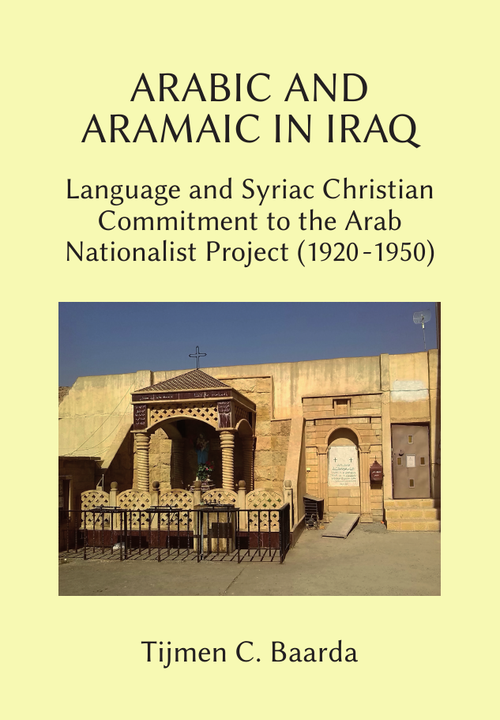
Arabic and Aramaic in Iraq: Language and Syriac Christian Commitment to the Arab Nationalist Project (1920-1950)
Deze dissertatie onderzoekt de complexe relatie tussen Arabisch nationalisme en Syrische christenen in het Irak van na de Tweede Wereldoorlog, waarbij de spanningen tussen religieuze tolerantie en culturele identiteit worden benadrukt.
Door Tijmen C. BaardaAfter World War I, Iraq was established as an Arab kingdom under British tutelage. The official state ideology of Arab nationalism provided room for Christians and Jews, and Iraq’s first king was known for his tolerant rhetoric towards non-Muslims. At the same time, events such as the Simele massacre of 1933 against Assyrians and the Farhud of 1941 against Jews show that the ideal did not always materialize. Despite having a shared religious heritage and Classical Syriac as a common ecclesial language, the Syriac Christians belonged to different denominations and there were large differences in languages that were used outside the church, causing different attitudes towards society. One group, mainly consisting of Chaldean Catholics, made a radical positive choice for Arabic and supported Arab nationalism. Another group, mainly connected to the Church of the East, saw themselves as Assyrian and stressed their use of Neo-Aramaic for informal and formal purposes. Other positions included that of secular Christians who stressed their Arab identity and argued against the influence of religion in society. The dissertation shows that while Arab nationalism provided room for Christians, this ideology was at the same time strongly restrictive for Christians who sought to stress their own culture.
Op voorraad
- Boeken worden dezelfde of de volgende werkdag verzonden
- U kunt uw bestelling tot 14 dagen na aankomst annuleren
- Geen verzendkosten naar Nederland vanaf € 30,00
| Jaar van uitgave | 2020 |
| Aantal pagina’s | 253 |
| Taal | Engels |
| ISBN/EAN | Geen ISBN |